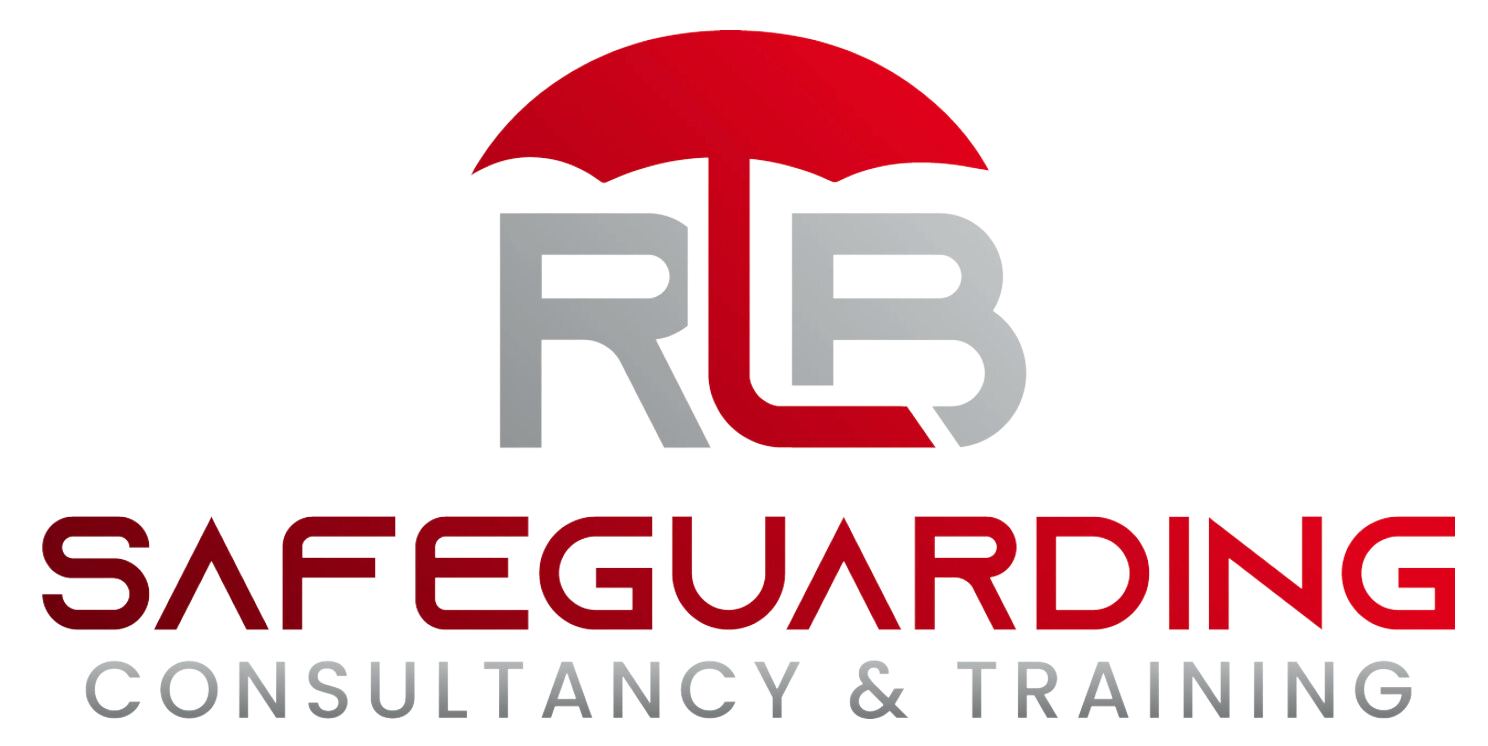Promoting Gender Equality and Safe Workplaces on International Women's Day
A thought piece by Klaudia Ratajzak
As we celebrate International Women's Day, it is imperative to reflect on the persistent challenges women face in the workplace, including gender discrimination and sexual harassment. Despite significant strides towards gender equality, these issues continue to undermine women's advancement and well-being in professional settings worldwide.
Gender discrimination takes various forms, from unequal pay and limited career opportunities to subtle biases and stereotypes. The tech industry, often praised for innovation and progressiveness, was reprimanded when a landmark lawsuit against Google in 2017 revealed disparities in pay and promotions, highlighting systemic biases against women in tech. This case underscored the prevalent nature of gender discrimination, even in seemingly forward-thinking sectors.
Additionally, the #MeToo movement brought to light the commonness of sexual harassment across industries, amplifying the voices of survivors and accerelating a global conversation on workplace culture and gender dynamics. High-profile cases, including allegations against Hollywood mogul Harvey Weinstein, served as reminders of power imbalances and toxic environments that enable harassment to thrive unchecked.
As a safeguarding consultancy committed to fostering safe and inclusive work environments, RLB Safeguarding recognises the urgency of addressing both gender discrimination and sexual harassment. Employers must implement comprehensive strategies to promote gender equality and combat harassment effectively.
This includes establishing clear policies prohibiting discrimination and harassment, providing regular training on unconscious bias and respectful workplace conduct, and implementing robust reporting mechanisms. It is crucial for organisations to cultivate a culture of respect and accountability, where discrimination and harassment are not tolerated, and victims feel empowered to come forward without fear of retaliation.
Leadership plays a critical role in setting the tone for organisational culture. By championing diversity, equity, and inclusion initiatives, leaders can foster environments where all individuals feel valued and supported in their professional growth. Moreover, leaders must lead by example, demonstrating zero tolerance for harassment and prioritising the well-being of their employees.
On this International Women's Day, we would like to raise awareness around gender discrimination and sexual harassment in the workplace. Together, we can create environments where everyone, regardless of gender, can thrive and contribute their best, paving the way for a more equitable and inclusive future.
